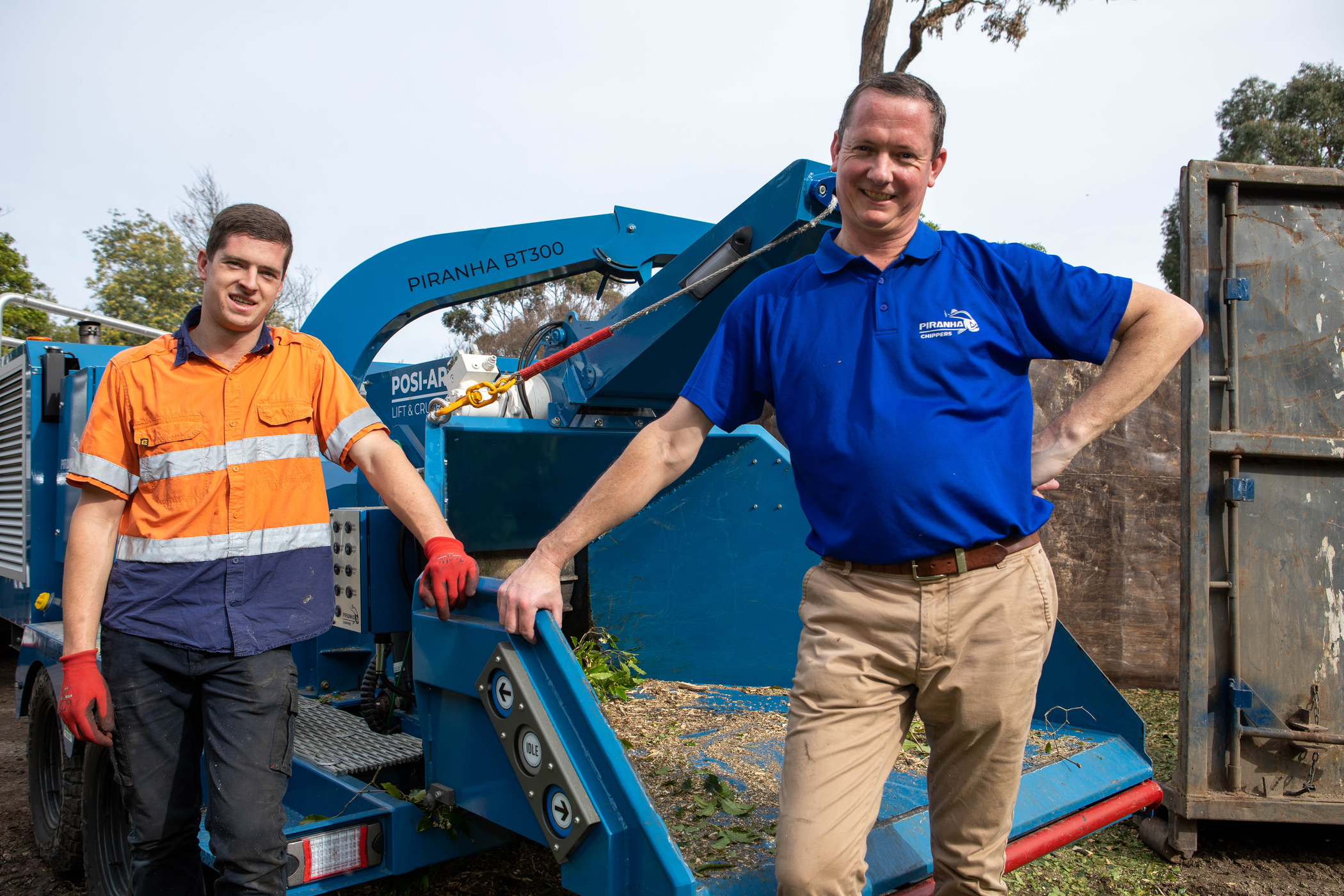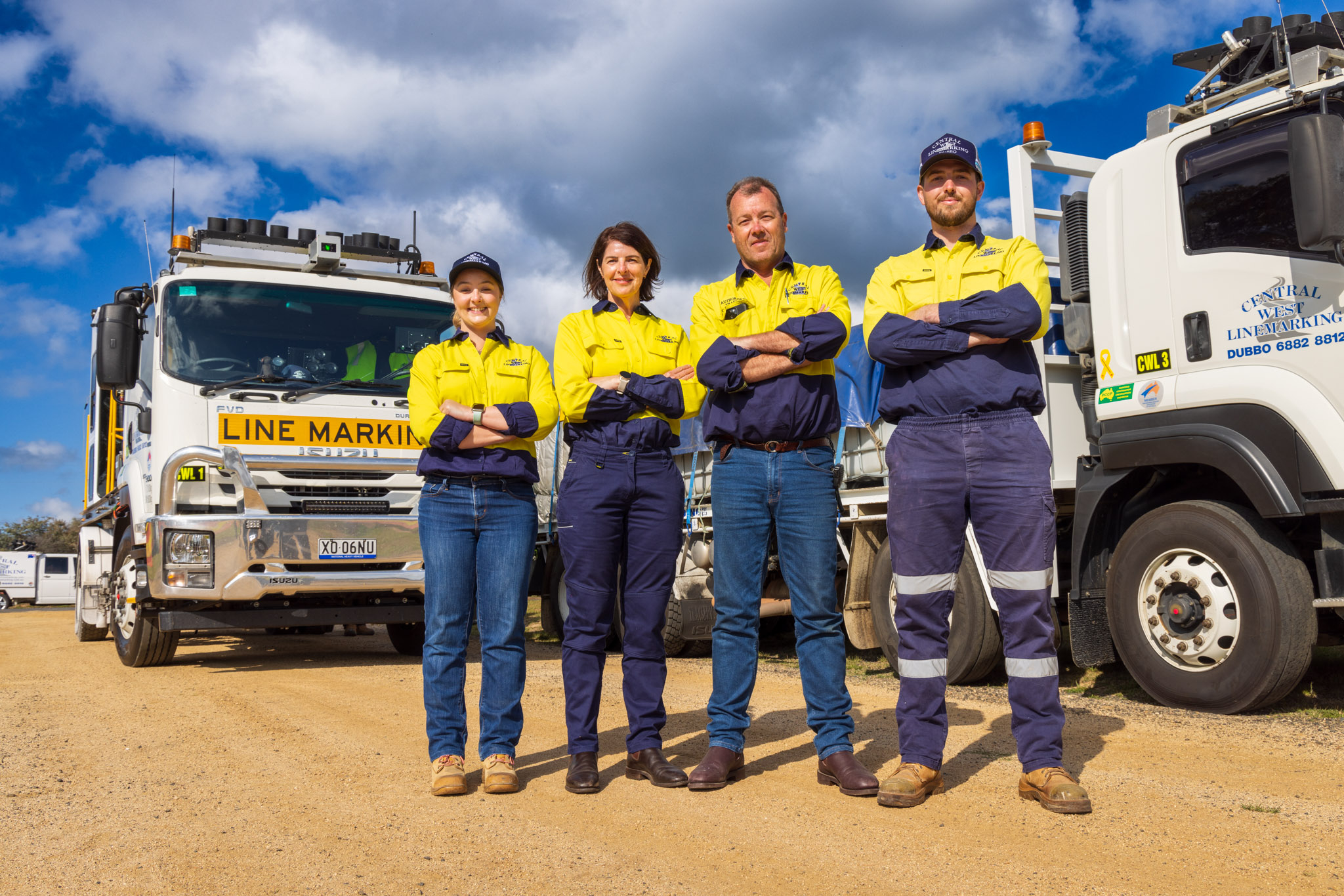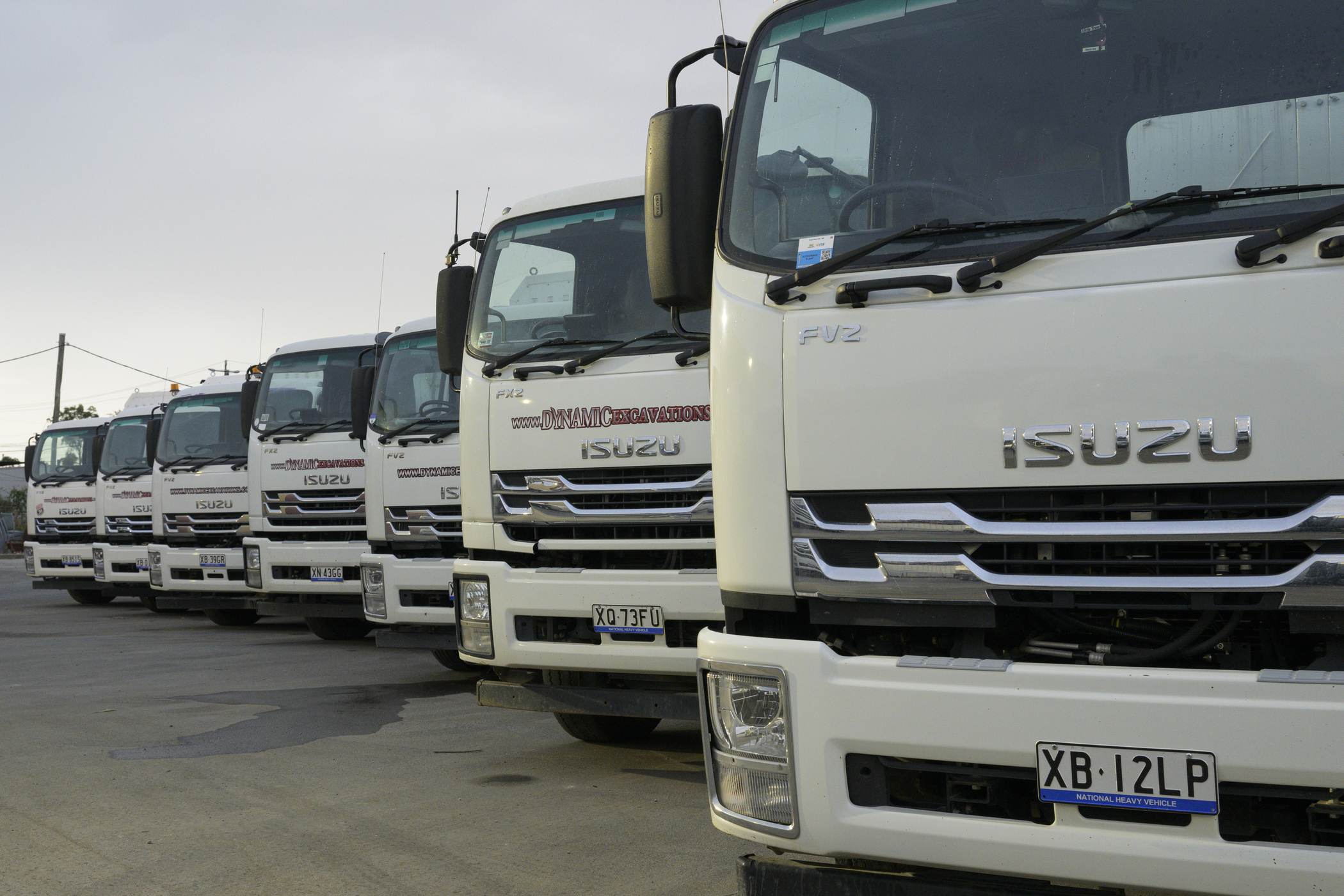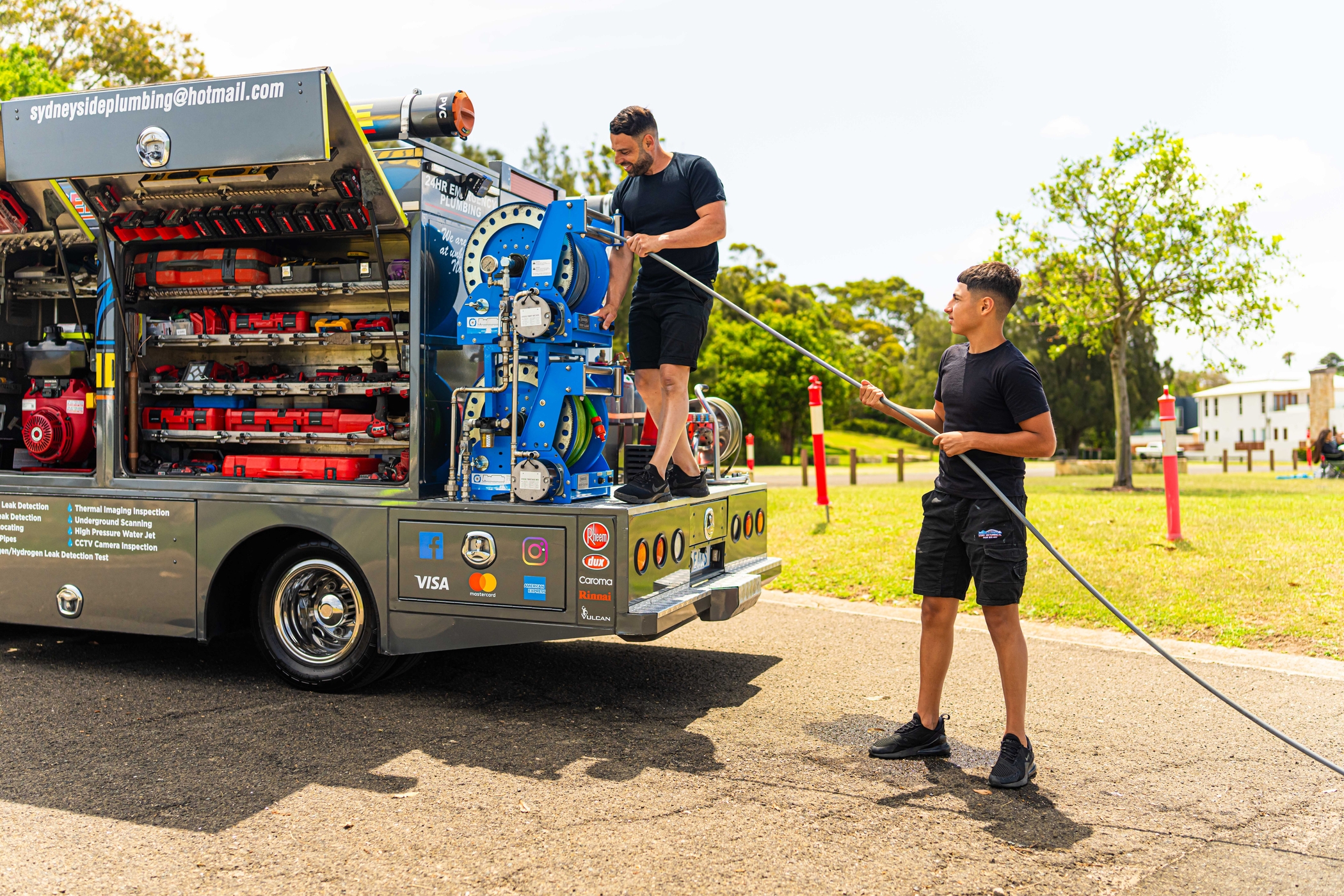TRUCK VS UTE

 While some 4x4 utes could maybe tow up to 3,500 kg, loading any vehicle to its highest tolerance point for extended periods will wear down parts and componentry rapidly, while putting additional strain on the engine. And this is all before taking into account the unintended cost of increased fuel usage performing this task.
And it’s all too easy to overestimate towing capacity, given that an attractive advertised towing capacity doesn’t always equal the real on-the-job capacity.
Space
If size is a priority, a light truck will offer more bang for buck than a ute or van in regard to both cabin layout and that all-important payload capacity.
A dual cab truck will comfortably cart a larger team without a negative impact on payload, while extra room in the back and front will be handy when it comes to storing and finding work tools.
And a work vehicle’s not just all work and no play. With a versatile light truck, you’ll have additional space (and power) needed for the caravan, dirt bikes, the whole family and the dog, camping gear… all without the worry of being overweight and unsafe.
Efficiency: pre-bodied vs custom body build
Buying a commercial work vehicle, like a truck or a ute, often means waiting for the custom body to be built.
But if you’re thinking of taking advantage of the government’s COVID-19 business stimulus package initiatives such as the increased Instant Asset Write-Off threshold, which requires eligible businesses to have assets first used or installed ready for use by 30 June 2020… You’ll want to cut down on waiting time, which a pre-bodied truck can offer.
While some 4x4 utes could maybe tow up to 3,500 kg, loading any vehicle to its highest tolerance point for extended periods will wear down parts and componentry rapidly, while putting additional strain on the engine. And this is all before taking into account the unintended cost of increased fuel usage performing this task.
And it’s all too easy to overestimate towing capacity, given that an attractive advertised towing capacity doesn’t always equal the real on-the-job capacity.
Space
If size is a priority, a light truck will offer more bang for buck than a ute or van in regard to both cabin layout and that all-important payload capacity.
A dual cab truck will comfortably cart a larger team without a negative impact on payload, while extra room in the back and front will be handy when it comes to storing and finding work tools.
And a work vehicle’s not just all work and no play. With a versatile light truck, you’ll have additional space (and power) needed for the caravan, dirt bikes, the whole family and the dog, camping gear… all without the worry of being overweight and unsafe.
Efficiency: pre-bodied vs custom body build
Buying a commercial work vehicle, like a truck or a ute, often means waiting for the custom body to be built.
But if you’re thinking of taking advantage of the government’s COVID-19 business stimulus package initiatives such as the increased Instant Asset Write-Off threshold, which requires eligible businesses to have assets first used or installed ready for use by 30 June 2020… You’ll want to cut down on waiting time, which a pre-bodied truck can offer.
 There are many useful pre-bodied truck options to choose from, offering versatility and payload capacity a ute or van just can’t quite match.
There are many useful pre-bodied truck options to choose from, offering versatility and payload capacity a ute or van just can’t quite match.
- Pre-built body options for service bodies, tippers, curtain-siders, pantechs and trays…
- Short, medium and long wheelbase configurations
 Just the right trucking touch
Some won’t have considered a truck for their business, for a variety of reasons from initial sticker price to just simply having never thought about it. Some trade and services operations swear by their truck—such as JLM Plumb’N’Gasfit, who opted for a pre-bodied field service set-up.
In addition to the size, efficiency and payload advantages of a light truck over a ute or a van, whole-of-life cost is also something to think about.
Some whole-of-life advantages to consider include the following:
Just the right trucking touch
Some won’t have considered a truck for their business, for a variety of reasons from initial sticker price to just simply having never thought about it. Some trade and services operations swear by their truck—such as JLM Plumb’N’Gasfit, who opted for a pre-bodied field service set-up.
In addition to the size, efficiency and payload advantages of a light truck over a ute or a van, whole-of-life cost is also something to think about.
Some whole-of-life advantages to consider include the following:
- Fuel efficiency (in some cases)
- Part and component durability
- Longer overall lifecycle (in commercial applications)
- Increased vocational productivity
- Availability of parts and cost of replacement (including warranties)
- Estimated resale value
 Bottomline
At the end of the day, the type of work vehicle you choose—truck, ute, van—depends on what you need and expect.
Just be sure to check that you can legally, and safely, carry all the tools, equipment, materials and crew on the vehicle you choose!
Interested in how trucks are customised for our Australian landscape? Check out our article on localising imported trucks.
Bottomline
At the end of the day, the type of work vehicle you choose—truck, ute, van—depends on what you need and expect.
Just be sure to check that you can legally, and safely, carry all the tools, equipment, materials and crew on the vehicle you choose!
Interested in how trucks are customised for our Australian landscape? Check out our article on localising imported trucks.



The all-new Isuzu truck range is about to arrive.
Register your interest and we'll keep you in the loop with the latest updates.
Learn More



